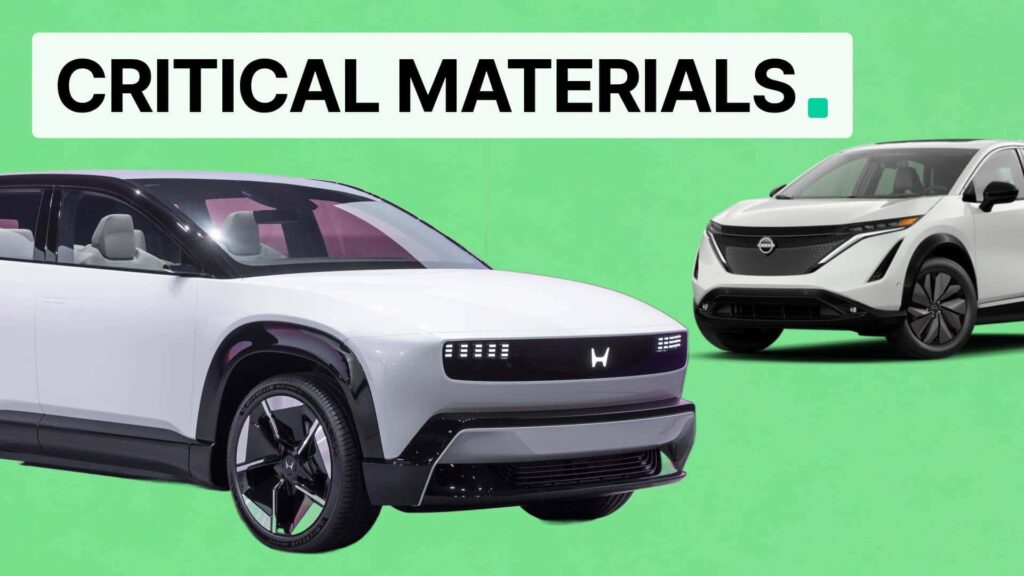The electric vehicle industry is rapidly evolving, and the recent Honda-Nissan merger has sparked a lot of curiosity. As the world’s third-largest automaker, the merger holds great promise, but many details are still unknown. It seems like the companies are waiting for clarity on EV policies post-Trump’s inauguration before revealing more information. The complexity of the merger may also be a factor in keeping some details under wraps.
Several key questions remain unanswered, and both Honda and Nissan will need to address them in the coming months. The merger’s impact on ownership and control of the new holding company, collaboration on next-generation batteries and software tech, and how they will tackle production challenges are just a few of the pressing issues.
Honda’s reputation for building reliable vehicles, like the popular Prologue, puts them in a strong position in the EV market. However, to stay relevant in a competitive industry dominated by Chinese rivals, both Honda and Nissan need to work together strategically. Honda’s initiatives in North America for EV production and solid-state battery production give them a head start in the race.
On the other hand, Sony Honda Mobility’s launch of the Afeela electric sedan at CES 2025 has brought a new direct-to-consumer sales approach to the forefront. The Afeela 1, priced at $102,900, comes with advanced features like Lidar for autonomous driving and a built-in PlayStation 5. The company’s decision to bypass traditional dealerships may face some challenges, but they are setting up showrooms for customers to experience the car firsthand.
In a concerning development, BYD has been accused of labor violations in Brazil, with workers allegedly subjected to harsh conditions at a factory. The company denies the allegations and is cooperating with authorities to ensure compliance with labor laws. The final investigation will shed more light on the situation.
As the auto industry witnesses more mergers and partnerships, it raises the question of which automakers might benefit from strategic alliances in the future. The landscape is changing rapidly, with Chinese automakers gaining momentum and electrification presenting new challenges. The Honda-Nissan merger marks the beginning of a new chapter in the industry’s evolution.
The potential for more collaborations and partnerships among automakers is high, and the industry is bracing for further transformations. As the EV race intensifies, strategic alliances will play a crucial role in shaping the future of mobility. Stay tuned for more updates on the evolving automotive landscape.

